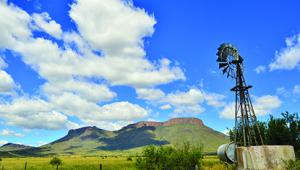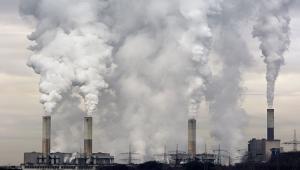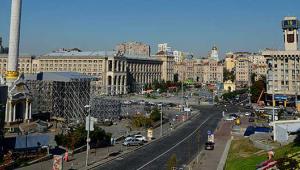With an estimated $5trn of assets, national development banks dwarf multilateral banks such as the World Bank and eclipse the global spend on international aid. A paper from the Overseas Development Institute found that they have the means to make a significant contribution to environmental projects in the global south.
Private sector financiers are often reluctant to invest in areas such as technology or infrastructure in developing countries because of the risks and long-term returns such projects involve.
“There has been a real market failure as capital towards climate-smart investment is not flowing at any scale,” said report co-author Samantha Attridge, senior research fellow at the ODI.
“A lot of the investment involves substantial upfront costs – especially when it comes to infrastructure – which can be very expensive and have long payback periods.”
The prospect of future changes to government policy poses further risk to those returns, putting the private sector off yet further from making these investments, Attridge said, leaving a gap that NDBs are in a “unique position” to fill.
Aside from their specific mandate for development, government guarantees mean these NDBs, some of which also have access to fiscal support, are able to borrow at-or-below the market rate.
This means they can pass the cheaper cost of capital onto the projects they finance.
Read more: Climate control - spending aid to save the planet
One problem identified in the report was that so far governments have not involved NDBs in their domestic policy.
Attridge said she had found few examples of NDBs being considered as having anything to do with a country’s ‘nationally determined contributions’ under the Paris Agreement, for example.
Giving them “a seat at the policy table” would be a good way to help, she said.
“Governments need to enable these institutions: give them a clear mandate, involve them in policy, but also make sure they are resourced properly, so they can make the investments required.”
The Development Bank of South Africa has shown this is possible. It worked with the government there to develop the Renewable Energy Independent Power Producer Procurement Programme, which has mobilised $16bn of private sector investment since it launched in 2011.
The bank has shifted from a role of direct financier to a focus on mobilisation of finance – it now has a target for private finance catalysed, rather than being purely fixated on disbursement like most NDBs.













